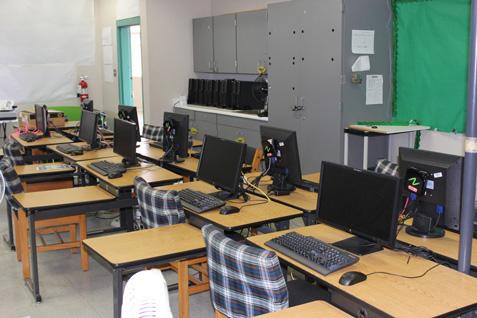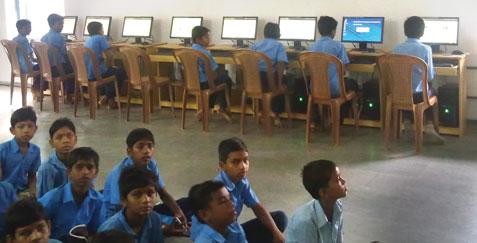“Immediate optimization of technological resources for the academic community,” a complex mission in which the Faculty of Accounting and Administration at the Autonomous University of San Luis Potosí pursues to favor the needs of more than 2500 users.
Chuo University was established in 1885 and is one of the most prestigious schools in Japan. It is a diverse research and practical education institution with six departments, eight graduate schools, three professional graduate schools, four high schools and two junior high schools. With such a physically and educationally diverse campus system, budget became a major issue as the cost of software installation, IT management and hardware expenditures continued to rise.
Ludwig-Maximilians-Universität München (LMU Munich) is one of the largest universities in Europe with more than 48,000 students, 700 professors and 3,600 academic staff. The University offers a wide range of courses in 150 subjects ranging from humanities to medicine, and includes options for interdisciplinary studies.

Two businesses, one common goal
Once considered the least developed of the former Yugoslavian republics, Macedonia is leaping into the 21st century. Thanks to low-cost virtual desktop technology from NComputing, Macedonia is the first country ever to provide 1:1 computing (one computer per student) to its entire public school population.

Following the Education Act of 1996, the Ministry of Education of Guanajuato established SABES, Sistema Avanzado de Bachillerato y Educacion Superior, (Advanced System for Secondary and Higher Education) as an initiative to create new decentralized bodies and expand the reach of educational services.

In one of the largest ICT in Education projects of the country, the Gujarat Government deploys computer labs in 15,493 primary and upper primary government schools in the state—an initiative that is likely to benefit millions of children every year.






